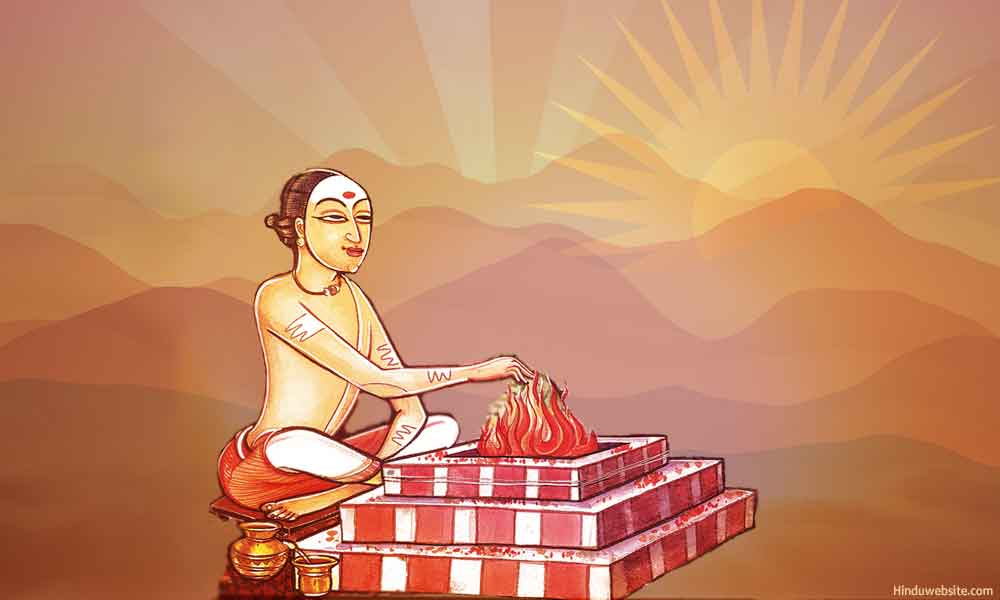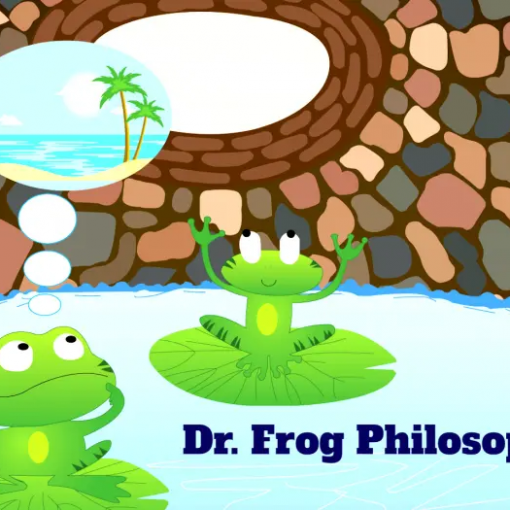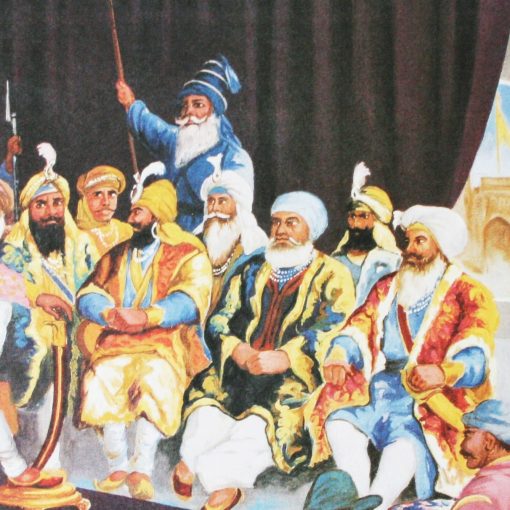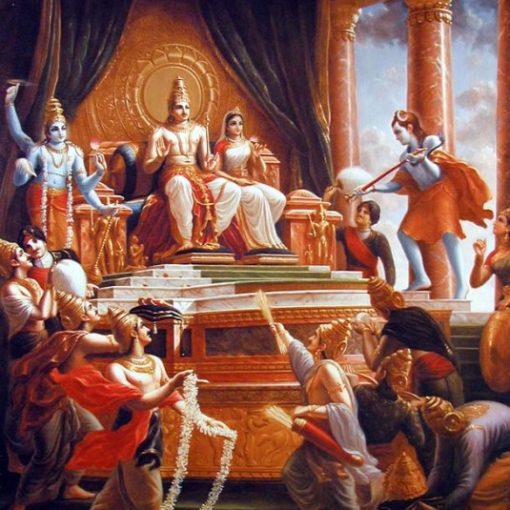Since it is described in the previous verse that feeding a living brāhmaṇa is more effective than offering oblations in a fire sacrifice, in this verse it is now clearly described what brāhmaṇism is and who a brāhmaṇa is. In the Age of Kali, taking advantage of the fact that by feeding a brāhmaṇa one obtains a more effective result than by performing sacrifices, a class of men with no brahminical qualifications claim the eating privilege known as brāhmaṇa-bhojana simply on the basis of their birth in brāhmaṇa families. In order to distinguish this class of men from the real brāhmaṇas, Mahārāja Pṛthu is giving an exact description of a brāhmaṇa and brahminical culture. One should not take advantage of his position simply to live like a fire without light. A brāhmaṇa must be fully conversant with the Vedic conclusion, which is described in Bhagavad-gītā. Vedaiś ca sarvair aham eva vedyaḥ(Bg. 15.15). The Vedic conclusion — the ultimate understanding, or Vedānta understanding — is knowledge of Kṛṣṇa. Actually that is a fact because simply by understanding Kṛṣṇa as He is, as described in Bhagavad-gītā (janma karma ca me divyam evaṁ yo vetti tattvataḥ), one becomes a perfect brāhmaṇa. The brāhmaṇa who knows Kṛṣṇa perfectly well is always in a transcendental position. This is also confirmed in Bhagavad-gītā(14.26):
bhakti-yogena sevate
sa guṇān samatītyaitān
brahma-bhūyāya kalpate
“One who engages in full devotional service and who does not fall down in any circumstance at once transcends the modes of material nature and thus comes to the level of Brahman.”
Therefore a devotee of Lord Kṛṣṇa is actually a perfect brāhmaṇa. His situation is transcendental, for he is free from the four defects of conditional life, which are the tendencies to commit mistakes, to be illusioned, to cheat and to possess imperfect senses.





